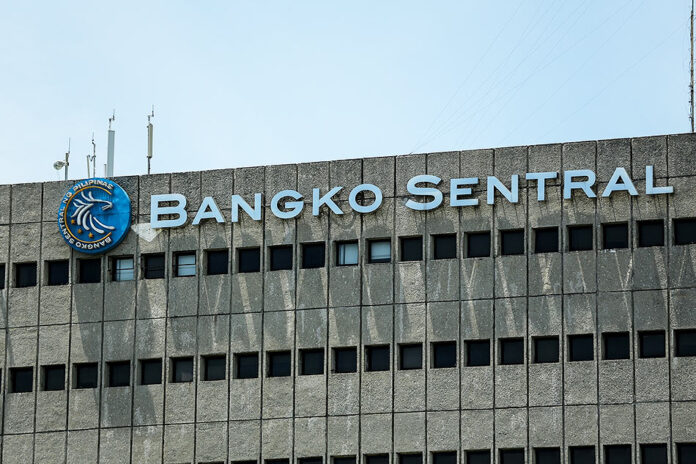The Department of Finance (DOF) has presented to the Senate the Proposed Tax Policy Reform Program Package 1 granting zero duties for workers earning P250,000 and less annually.
In its 26-page presentation before the Senate committee on ways and means chaired by Senator Juan Edgardo “Sonny” Angara, Finance Secretary Carlos Dominguez III said that tax reform is needed to fund the ten-point socio-economic agenda of the administration.
Dominguez said that the administration aims to raise additional P1 trillion per year to fund these socio-economic agenda by instituting the following:
- Tax Policy Reform to create a simpler, fairer, and more efficient tax system characterized by low rates and a broad base that can promote investment, job creation, and poverty reduction;
- Tax administration reforms in the Bureau of Internal Revenue (BIR) and Bureau of Customs (BOC);
- Budget Reforms to improve spending, transparency, and efficiency so that savings can be generated; and
- Solid economic growth to increase opportunities (multiplier effect)
All are needed. Higher chances of tax reform succeeding if done together with other reforms.
Dominguez said that by 2019, fiscal agencies aim to raise P600 billion (3% of Gross Domestic Product in 2019 prices) to fund priority investments of the Duterte administration.
- P400 billion (2% of GDP) from tax policy reform
- P200 billion (1% of GDP) from tax administration reform
- BIR: Increase taxpayer satisfaction, reduce compliance cost, gain public trust, and protect revenues.
- BOC: Protect revenues from smuggling while enhancing trade facilitation.
Proposed income tax system
With this, DOF presented to the Senate that for the first year and second year of implementation, those workers who are earning P250,000 and below will not be taxed.
For those earing P250,000 to P400,000 there would be zero tax but will collect 20% of the excess over P250,000 plus 20% of the excess over P250,000.
The government will collect P30,000 tax for those earning over P400,000 to P800,000 for the first year and P22,500 for the second year onwards, plus 25% for the first year and 20% for second year and onwards, of the excess over P400, 000.
For those earning P800,000 to P2 million, there would be P130,000 tax for first year and P102,500 for the second year and onwards. But there will be 30% tax of the excess over P800,000 for the first year and 25% for the second year onwards.
For those earning P2 million to P5 million, P490,000 will be collected plus 32% of the excess of P2 million for the first year and P402,500 tax plus 30% of the excess over P2 million for the second year and onwards.
For those earning over P5 million, P1.450 million will be collected plus 35% of the excess over P5 million in the first year; and P1.302 million tax plus 35% of the excess over P5 million for the second year and onwards.
Value-Added Tax for seniors, PWD
Dominguez also said that the administration plans to stop Value-Added Tax exemptions to senior citizens and persons with disabilities.
“While the poor and vulnerable rightly need protection, using VAT system is not a good way to address their needs as it leads to large leakages. Targeted cash transfer are a better option,” the presentation said.
For senior citizens, Dominguez said this could come in the form of higher socialized pension or cash transfer using the 4Ps.
“The alternative protection for senior citizen can be designed to be welfare neutral and still raise revenues as leakages are plugged. Less leakage means more money for benefits of the poor senior citizens,” Dominguez said. (E. Reyes, Interaksyon)



